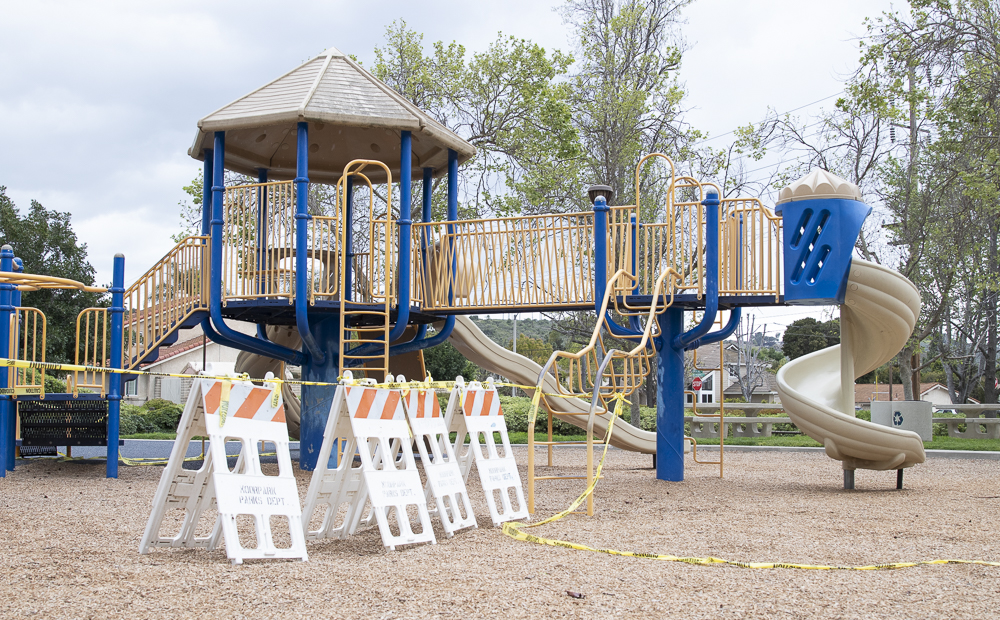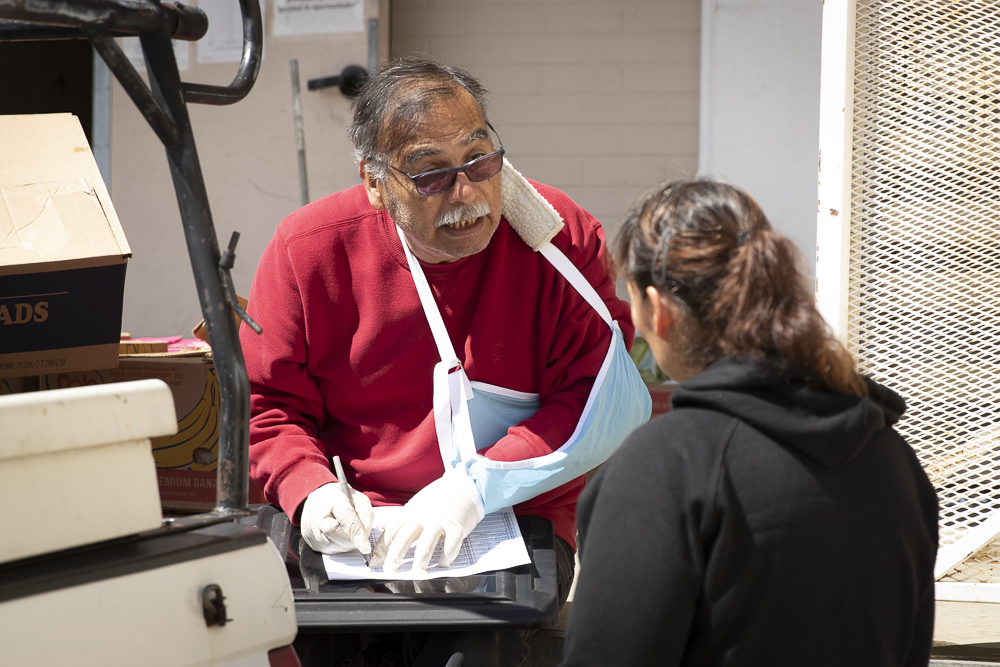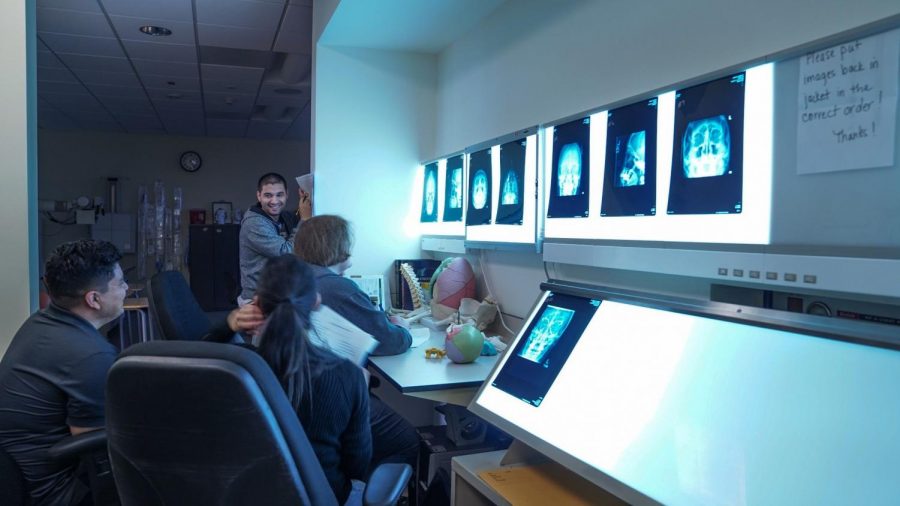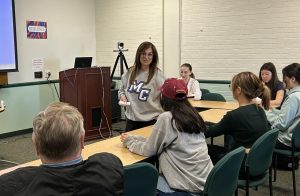Op-Ed: Brace for impact, mental health care industry to be hit by aftermath of social isolation
May 6, 2020
As the ongoing COVID-19 pandemic has placed a hold on the lives of many, the “new normal” of physical distancing and social isolation has taken a grave effect on the mental health of Americans. Our mental health care system needs to prepare now rather than after the pandemic is over.
The world’s focus at the moment is on people’s physical health, either in fighting the novel Coronavirus or preventing it from spreading. What we need to focus on is the impact on mental health care providers following this pandemic.
The requirements put in place by government officials have been many. Six feet of space is required between individuals at all times and masks are enforced in many public places. Only the essential businesses have remained open for the public, so unless a trip to the grocery store, a doctor’s office or working at an essential place of business is part of the agenda, staying home is highly recommended according to a four-page order signed on March 17, by Public Health Officer Dr. Robert Levin. However, for people age 75 and older, or 70 and older with two or more underlying health conditions it is vital to stay at home.

The problem is that humans need social connections for their physical and mental health. In a meta analysis co-authored by Julianne Holt-Lunstad, Ph.D., researchers found that lack of social connection led to greater health risks. It’s estimated to be equivalent to smoking 15 cigarettes daily or having an alcohol use disorder. Holt-Lunstad also found that social isolation and loneliness are twice as harmful to physical and mental health as obesity is.
“There is robust evidence that social isolation and loneliness significantly increase risk for premature mortality, and the magnitude of the risk exceeds that of many leading health indicators,” Holt-Lunstad said. “Being connected to others socially is widely considered a fundamental human need, crucial to both well-being and survival.”
When asked what feelings and emotions she’s been experiencing during quarantine, Palma Denham, a previously very active senior who participated in line dancing and skiing shared her feelings.
“I was very positive until my significant other and I mutually agreed not to see each other to help protect his 88-year-old father who lives with him,” Denham said. “I miss physical contact with people. I’m a hugger, handshaker. I have cabin fever. I’m very social.”
Psychologist Louise Hawkley, Ph.D., a senior research scientist at the National Opinion Research Center at the University of Chicago, linked social isolation with negative health consequences such as poor sleep quality, poor cardiovascular health, depression, impaired executive function, increased cognitive decline and impaired immunity affecting every stage of life.

Sally Valderrama, 75, also from Simi Valley, is a weekly volunteer at For the Troops. The organization puts together care packages for those in the military worldwide, but is one of many that have had to shut their doors due to COVID-19.
“I miss being with other people and being able to buy what I need,” Valderrama stated. “I also miss going to church services and take communion.”
This pandemic has affected the social activities that once made people happy. Schools that cater to infants all the way to adults have been shut down through the summer forcing everyone to embrace online learning. Sports have been cancelled, from young children to professional athletes. Weddings and concerts have been postponed, and funerals only permit the bare minimum of attendees while most send their condolences virtually.
High school seniors have had many senior activities cancelled, such as barbecues, prom, grad night and graduation. Colleges and universities have been forced to cancel graduations as well.
Kate Heaney, a senior writer and therapist knows all too well about people who feel depressed and anxious. In her article, Heaney wrote, “COVID-19 has exposed a number of fissures in our so-called social safety net, of which mental health care is only one. Many people can’t afford a therapist in the first place.”
As we enter another month of quarantine, the toll on our mental health rises as we are unable to see, hug or hold loved ones.
The longer the COVID-19 pandemic goes on and we aren’t able to partake in our usual schedules or outlets that bring us together, it takes a toll.
As a result, it is predicted that there will be many more people who are depressed, anxious or have PTSD. The people will likely seek therapy when this pandemic ends, and it’s imperative to prepare for the impact this will have on our mental health care system.








